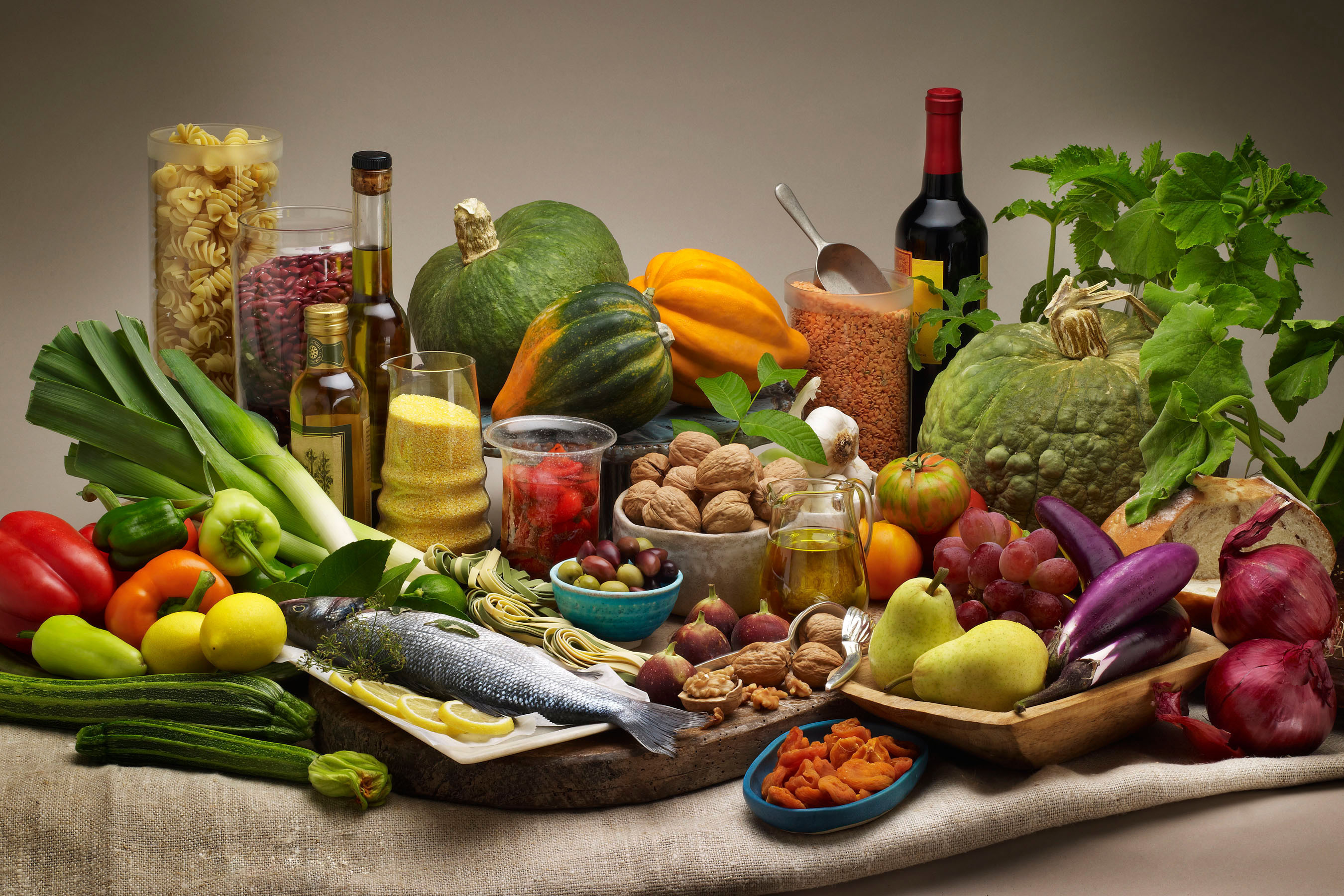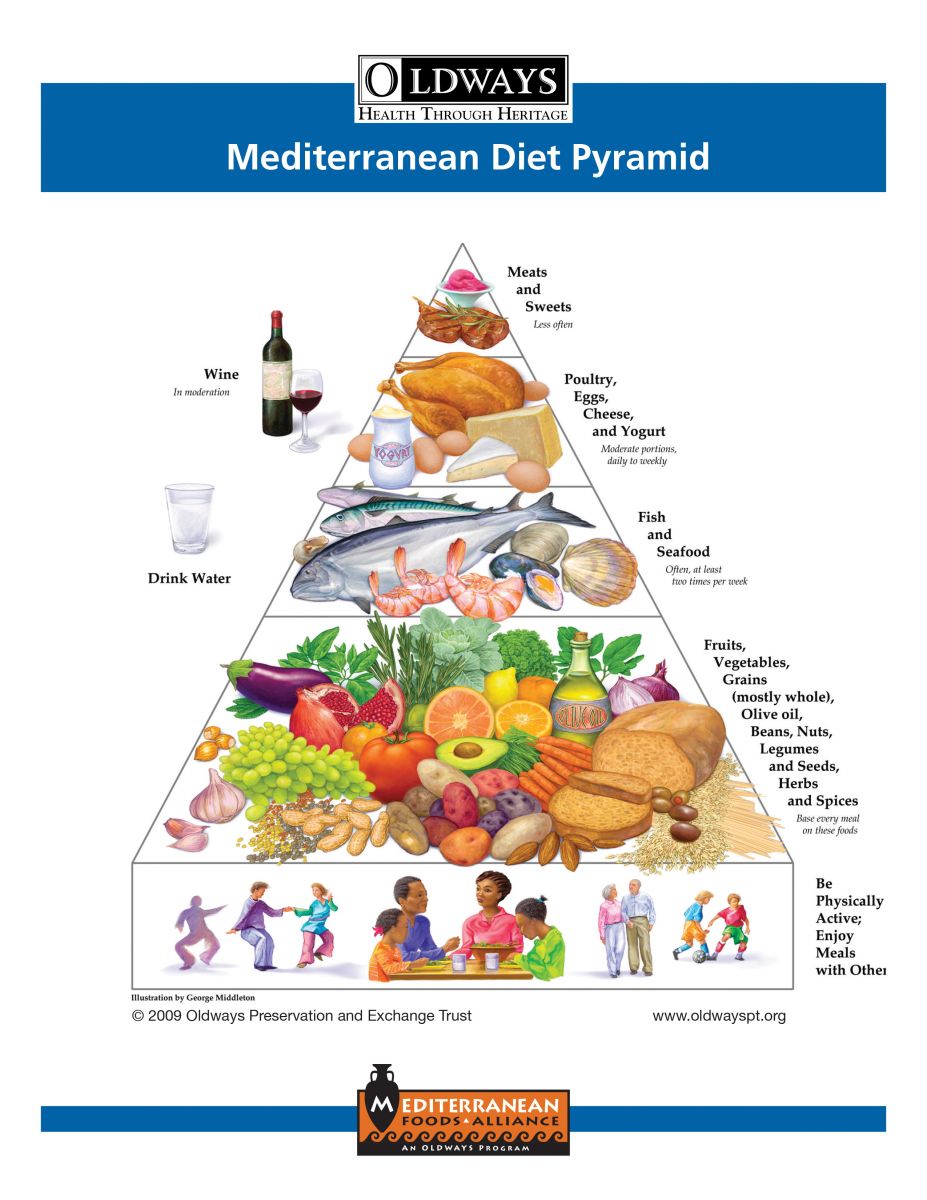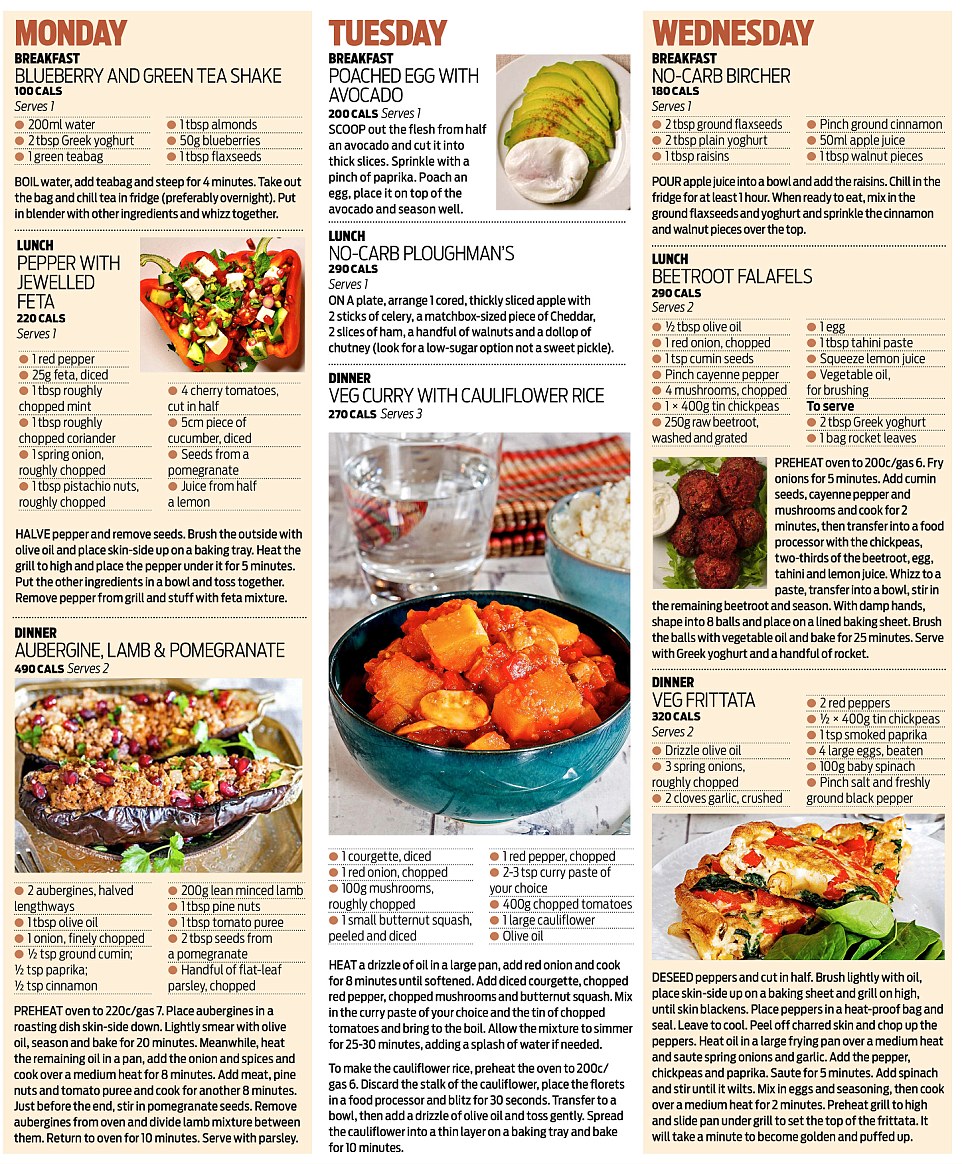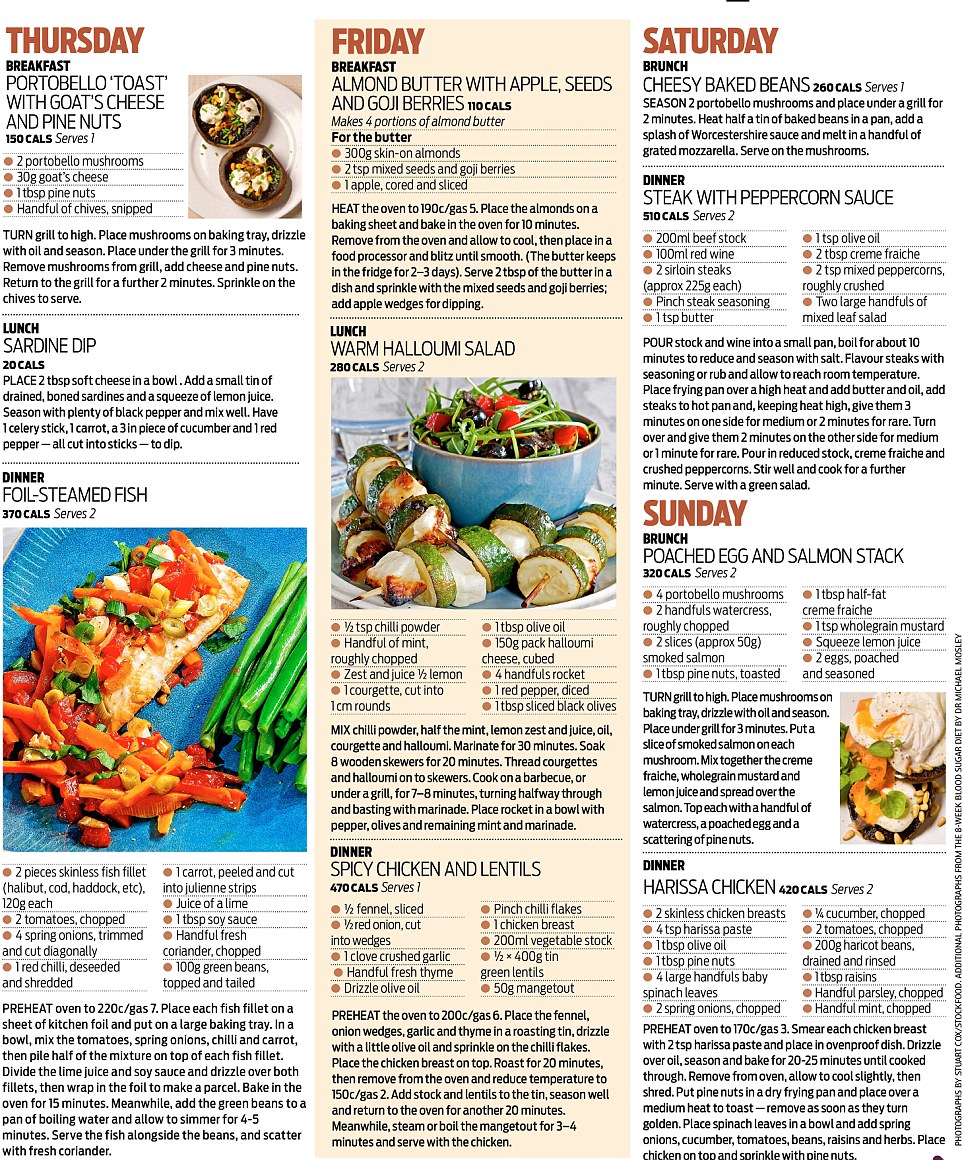About 422 million people worldwide have diabetes, a number likely to more than double in the next 20 years.
A healthy lifestyle could prevent up to 70% of type 2 diabetes. Healthy eating can also help reduce risks of complications caused by diabetes.
A regular schedule of 30 minutes of moderate exercise and healthy diet will prevent type 2 diabetes.
Research shows that the recent surge in diabetes is clearly related to obesity epidemic not only in USA but worldwide.
The recent food fads related to eating low-fat mistakenly draws you towards over-consumption of cheap and easily digestible carbohydrates. These carbs get rapidly absorbed by your body creating an instant spike in blood sugar levels, which then crash, making you hungry again. This will eventually cause your body to become resistant to insulin, the hormone that regulates our blood sugar.
In this article, I am going to discuss not only how to lower blood sugar but also prevent diabetes by eating right.
Avoid The Baddies Such As Sugar And Processed Foods
Sugar and processed foods contribute to the build-up of fat in your liver and pancreas and this build up of fat is the main issue with our blood sugar problems.
The ‘baddies’ include not just the sugar that you consume in soda or add to your tea, but also consuming too many natural sugars such as honey, maple syrup, agave nectar etc.
Processed foods — crackers, cakes, breakfast cereals — are stuffed full of sugar, as are more surprising foods such as muffins and flavored yogurts.
Easily digestible carbs include starchy foods — bread, rice, pasta and potatoes — and yet, diabetics are encouraged to eat plenty of these as part of the standard medical advice, which suggests that they should cut down on sugar and follow a low-fat diet.
A recent review of 20 research trials, involving a total of more than 3,000 people with Type 2 diabetes, found that if you want to lose weight and improve your cholesterol and blood sugar control, then your best bet is a Mediterranean diet.
Miracle of Mediterranean Diet
People have been talking about the Mediterranean diet for years — but how many of us know what it really is?
The basic principle of Mediterranean diet emphasizes on vegetables, fuits, oily fish, nuts, whole grains, and healthy fats and olive oil.
Although there are carbs in this diet, they’re the sort that contain lots of fiber. It means they take longer to be absorbed by the body and won’t cause those dangerous spikes in blood sugar. Examples include vegetables, legumes (beans, pulses and lentils) and whole grains.
The impressive thing about Mediterranean-style eating is just how widespread its benefits are. Studies have shown that it not only cuts your risk of heart disease and diabetes, but it may also delay the onset of dementia and the risk of breast cancer in women.
Lots of Fruit:
Fresh, non starchy produce is the star of this diet. Eat 5 to 10 servings a day (a half-cup cooked or 1 cup raw equals one serving).
Healthy Fats:
Olives and their oil are cornerstones; go for four to six servings per day (a serving could be 1 tsp. of olive oil, 5 olives or 1/8 of an avocado).
Olive oil delivers healthy monounsaturated fats and plant compounds called polyphenols. These polyphenols are known to have anti-inflammatory effects which has additional benefit in women by preventing breast cancer.
Women who followed a Mediterranean diet rich in olive oil had 68 per cent less chance of developing breast cancer than those on a low-fat diet. (Tip: keep your oils in a cupboard as they degrade in sunlight.)
Go Nutty:
Nuts, seeds and legumes are a great source of fiber and protein; nuts and seeds also provide healthy fats and antioxidants. Eat a serving of legumes (1/2 cup, cooked)—found in hummus or lentil soup—at least twice a week and a small portion of nuts daily (about 1 Tbsp., or 10 to 12 almonds or walnut halves).
Fish and Eggs:
Aim to eat a 4-oz. serving of fish (about the size of a checkbook) two to three times a week. Eggs are also on the menu: Whip them into a vegetable frittata. Lean meat and poultry are OK, too, in moderation.
You Can Have Dairy But Choose Wisely:
Choose dairy from cultured milk (kefir, yogurt, fresh curd cheeses like ricotta). They are easier to digest and supplies beneficial bacteria that contribute to digestive health. Enjoy one to three servings daily (a serving is 1 cup of milk or yogurt or 1 oz. of cheese).
What Grains Are Good?
Refined carbs lack nutrients and can wreak havoc on your blood sugar. Whole grains are best; have four small daily portions of whole-wheat bread, or try a pasta made from quinoa. And always eat grains with healthy fats and protein. Incorporate sprouted or fermented grains (hello, sourdough!) for easier digestion and better nutrient absorption. Or look for creative ways to swap out grains, such as using spaghetti squash in place of noodles.
Herbs and Spices:
They’re full of plant compounds with antioxidant and inflammation-fighting effects.
Drinks:
Make water a go-to. Many Mediterraneans sip espresso after meals to aid digestion. In North Africa, they choose antioxidant-rich green tea combined with mint for the same reason.
Avoid These…..
You should avoid these unhealthy foods and ingredients:
- Added sugar: Soda, candies, ice cream, table sugar and many others.
- Refined grains: White bread, pasta made with refined wheat, etc.
- Trans fats: Found in margarine and various processed foods.
- Refined Oils: Soybean oil, canola oil, cottonseed oil and others.
- Processed meat: Processed sausages, hot dogs, etc.
- Highly processed foods: Everything labelled “low-fat” or “diet” or looks like it was made in a factory.
Confused about where to start? Here is an example of what you can eat in week#1 of Mediterranean diet (Adapted from The 8-Week Blood Sugar Diet: Lose Weight Fast And Reprogramme Your Body by Michael Mosley, published by Short Books.)
Be Careful When You are Making Drastic Changes to Your Diet
It is important talk to your primary care provider or endocrinologist about your diet as they may need to adjust your medications based on your weight and blood sugar levels. If you are seeing dietitian, be sure to discuss with them if this is the right diet for your and get some tips on menu planning.
It is particularly important to discuss the diet with your doctor if any of the following apply:
■ you are on insulin or any diabetic medication other than metformin. You may need a suitable reduction in dosage to avoid too fast a drop in blood sugar.
■ you are on blood pressure tablets — you may have to reduce the dosage or come off them. The same applies to glucose-lowering drugs, ones that begin with the letter G, like glibenclamide and gliclazide, which may have to be stopped because they can push your blood glucose abnormally low.
■ you have moderate or severe retinopathy. You should have extra screenings within six months of reducing diabetes.
■ You are pregnant or breastfeeding.
■ You have a psychiatric or eating disorder.
■ You are taking warfarin.
■ You have epilepsy.
■ You have a significant medical condition.
■ You are unwell or have a fever.
Anytime you are making a major changes to your diet, it may be challenging in the beginning, there will be some trial and error but keep at it. It is good for not only someone with diabetes but also for the whole family.
If you have diabetes and if are already following this diet, share your experience in the comments section below.
Sources:
- http://oldwayspt.org/
- http://www.dailymail.co.uk/health/article-3404259/Eat-beat-diabetes-just-eight-weeks-s-life-changing-diet-help-avoid-reverse-Type-2-diabetes-best-s-tasty-way-health.html#v-3616025471001.
- http://www.health.com/health/gallery/0,,20793870,00.html




